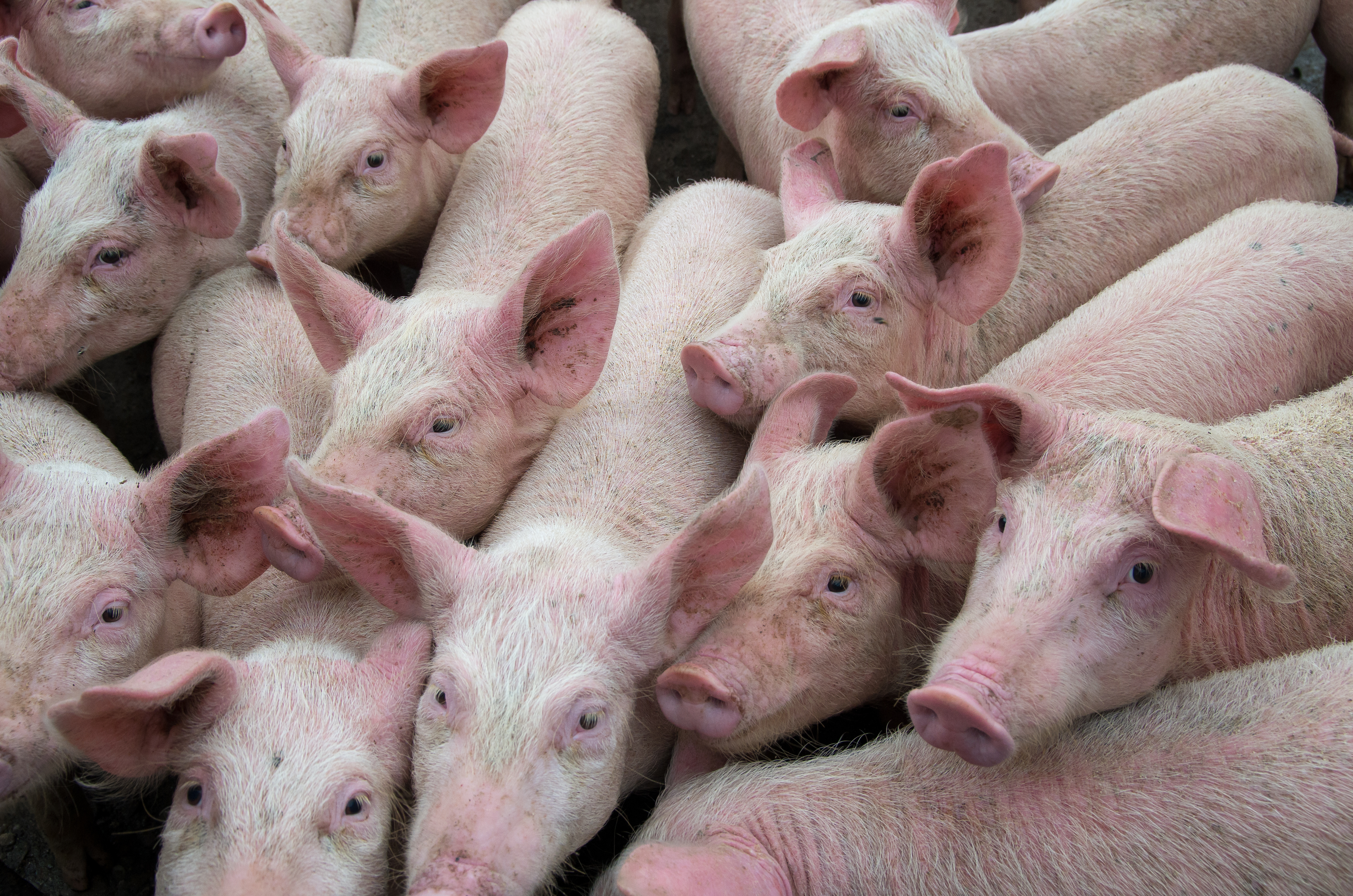



Philippines confirms pig deaths are result of African swine fever
Dead pigs found in some backyard farms in the Philippines tested positive for African swine fever, the country’s agriculture chief announced today, the first outbreak of the virus detected in the world’s 10th largest pork consumer.The announcement was based on the results of laboratory tests requested by Agriculture Secretary William Dar after reports last month of an unusual number of pig deaths in backyard farms in Rizal province, near the Philippine capital of Manila.
The Philippines, the world’s seventh largest pork importer, is the latest Asian nation to be hit by African swine fever despite efforts to protect its $5 billion hog industry that included a ban on pork imports, reports Reuters.
“Out of the 20 blood samples (sent to the United Kingdom for testing), 14 are positive with African swine fever,” he said in a media briefing.
Dar said further tests were needed to determine how virulent the strain found in the local hogs is. There is no cure or vaccine for the deadly and highly contagious disease, which does not affect people.

As of July 1, the Philippine swine herd was estimated at 12.7 million heads, including about 8 million pigs in backyard farms and 4.7 million in commercial farms, according to government data.
More than 7,000 hogs have been culled in the affected areas, some of them buried alive, Dar said.
The Philippines has so far banned pork and pork-based products from more than a dozen countries, including Vietnam, Laos and China. In China, the world’s biggest pork consumer, the outbreak has spread through every province and region of the mainland, as well as to Hong Kong and Hainan island, reducing the size of the country’s hog herd by one-third.
The Philippines’ import ban also covers pork and pork-based products from Germany, North Korea, Belgium, Hungary, Latvia, Poland, Romania, Russia, Ukraine, Bulgaria, Czech Republic, Moldova, South Africa, Zambia, and Mongolia.
Inside the country, the Department of Agriculture (DA) has tightened animal quarantine and food safety measures, prohibiting the transport of live animals and meat products without health and shipping permits.








